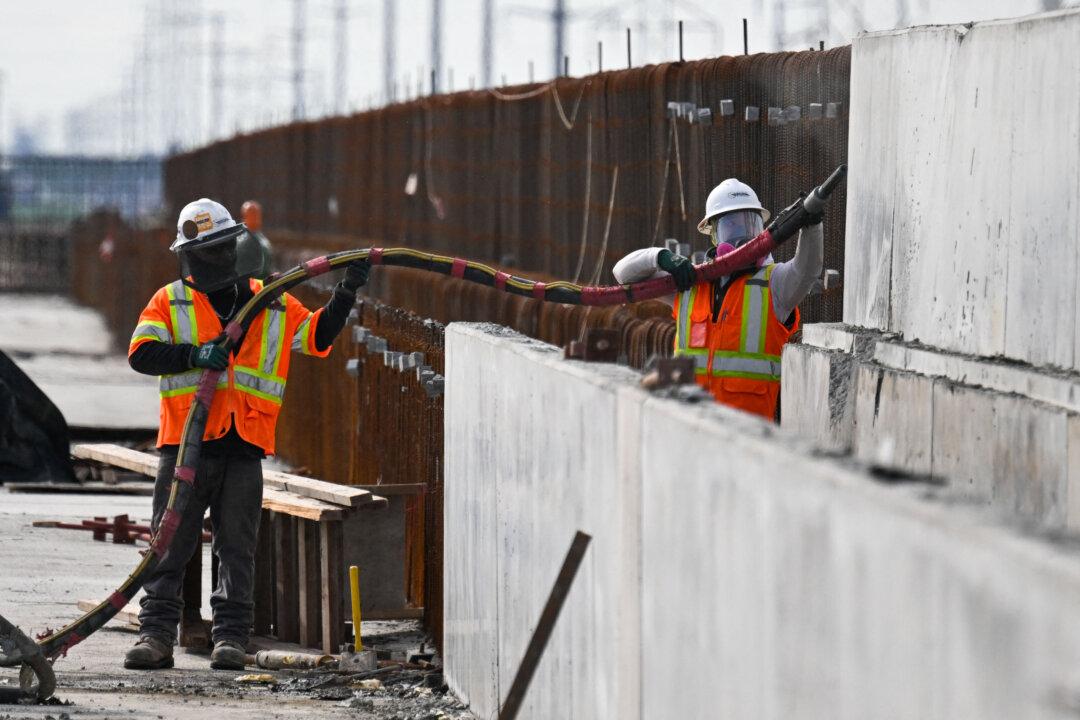President Donald Trump issued a memorandum to expeditiously conduct environmental reviews and evaluate permits for leveraging modern technology and fast-tracking related projects in the country.
Trump has ordered executive departments and agencies to “make maximum use of technology in environmental review and permitting processes for infrastructure projects of all kinds, such as roads, bridges, mines, factories, power plants, and others,” according to an April 15 presidential memorandum published by the White House.





